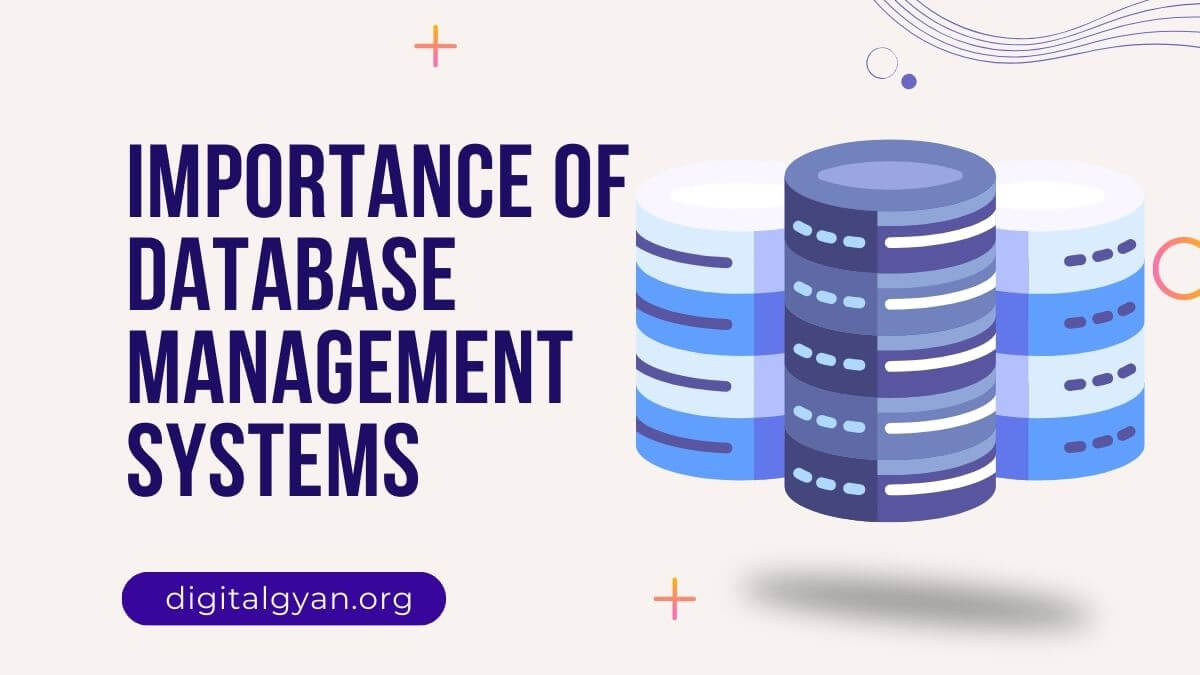What is a Preprocessor in C/C++?
Have you ever thought about how computers know the commands you are writing? Have you seen that if you type the wrong syntax or data types, then it shows an error? Well, it’s all due to the preprocessor.
For example, the commands like printf, scanf, int, char, float, cout, cin, try, catch, return, >>, <<, ?, if, else etc. All these are defined in header files like #include.
In C/C++, the preprocessor replaces macros with their expansion and is used to make it possible to write one large program using multiple sources.
The preprocessor takes the original code and replaces the placeholders with the actual value so that the new code can be further processed by an editor, a compiler, or an interpreter.
Types of Preprocessors
The preprocessor programs provide directives that tell the compiler to preprocess the source code before compiling. There are 4 main types of preprocessors:
1. File Inclusion Preprocessor: The File Inclusion Preprocessor in C/C++ is responsible for including files from the system or user-defined paths into the source code using directives like #include. This enables modular programming and reusability of code, allowing developers to include header files that contain function prototypes, declarations, and other necessary components needed for the program to compile and run correctly. This preprocessor type simplifies the process of working with large and complex codebases by breaking them down into manageable parts.
2. Macro Preprocessor: The Macro Preprocessor in C/C++ is responsible for processing and expanding macro definitions in the source code using directives such as #define. Macros allow developers to define shorthand notation for commonly used code sequences, constants, or functions, thereby enhancing code readability, maintainability, and flexibility.
This preprocessor type aids in reducing redundancy, improving code consistency, and facilitating code modification by enabling the use of symbolic names to represent complex or repetitive code patterns.
3. Conditional Compilation Preprocessor: The Conditional Compilation Preprocessor in C/C++ enables conditional compilation of code segments based on specified conditions, typically through directives such as #ifdef, #ifndef, #if, #else, and #endif.
This preprocessor type allows developers to include or exclude portions of code during the compilation process based on predefined macros or conditions, thereby customizing the build process for different platforms, configurations, or requirements. Additionally, it facilitates the creation of platform-specific code and the management of feature toggles or debug statements without affecting the integrity of the main codebase.
4. Line Control Preprocessor: The Line Control Preprocessor in C/C++ facilitates the manipulation of line numbers within the source code. This preprocessor type includes directives such as #line, which allows developers to modify or reset the current line number and file name for error reporting or debugging purposes. By utilizing line control directives, programmers can effectively manage error messages, integrate code from external sources without affecting line numbering, and improve the accuracy of debugging tools by aligning reported errors with the original source locations.
Thus, each type serves a distinct purpose in preparing the source code for the actual compilation process.
Also Read: What are Datatypes and modifiers in C++?

